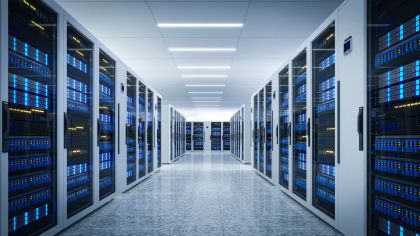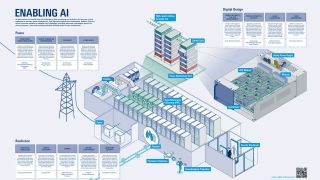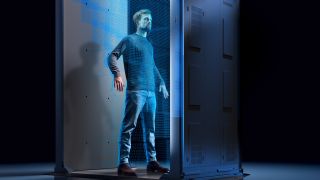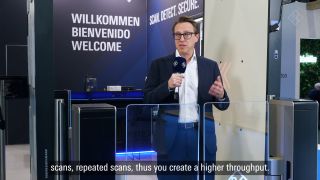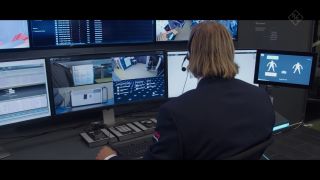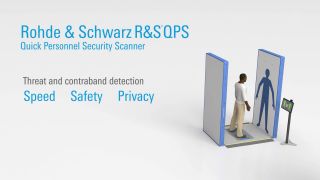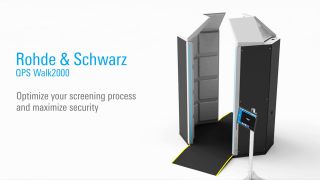Efficient security screening for data centers
Data centers are critical infrastructure, responsible for storing and processing vast amounts of sensitive data. They play a crucial role in our digital, connected economy and are even more important with the increasing use of AI technologies.
Data center security prevents key threats such as:
- Insider threats: Malicious actions carried out by individuals with authorized access to the data center, whether intentional or unintentional. This includes individuals from various clients hosting equipment, each with their own staff and service technicians.
- Data theft: Unauthorized removal of sensitive information.
- Sabotage: Damage or disruption of operations inside the data center. It can result from external or internal attacks (e.g. disgruntled employees).
To prevent these attacks and mitigate the risk through insider threats, a comprehensive security screening concept including cybersecurity and the physical protection of data is essential.
In the past, advanced security technology solutions such as millimeter wave (mmWave) technology were reserved for airport security operations. Nowadays, it is a major security component across various sectors, including data centers.




